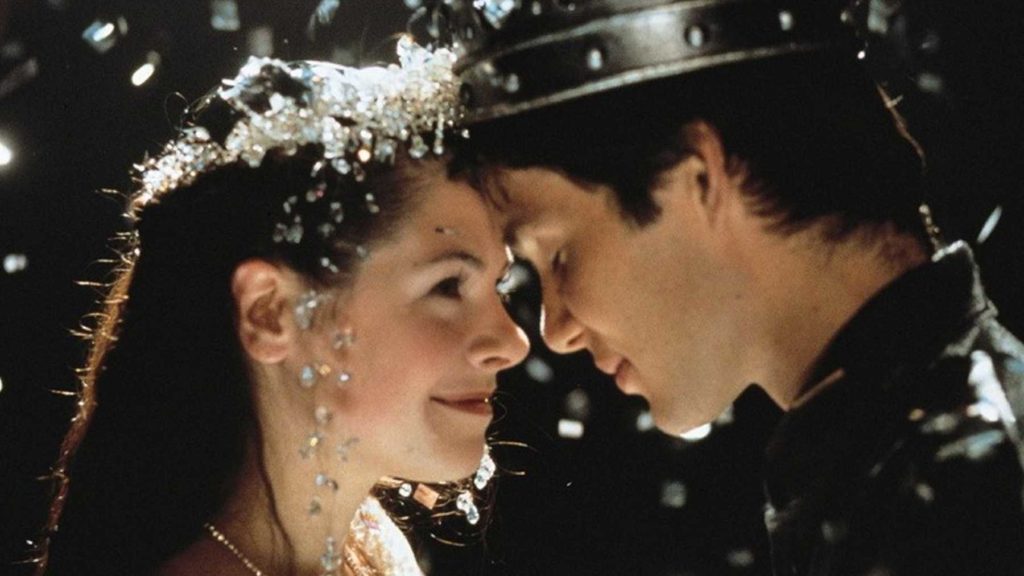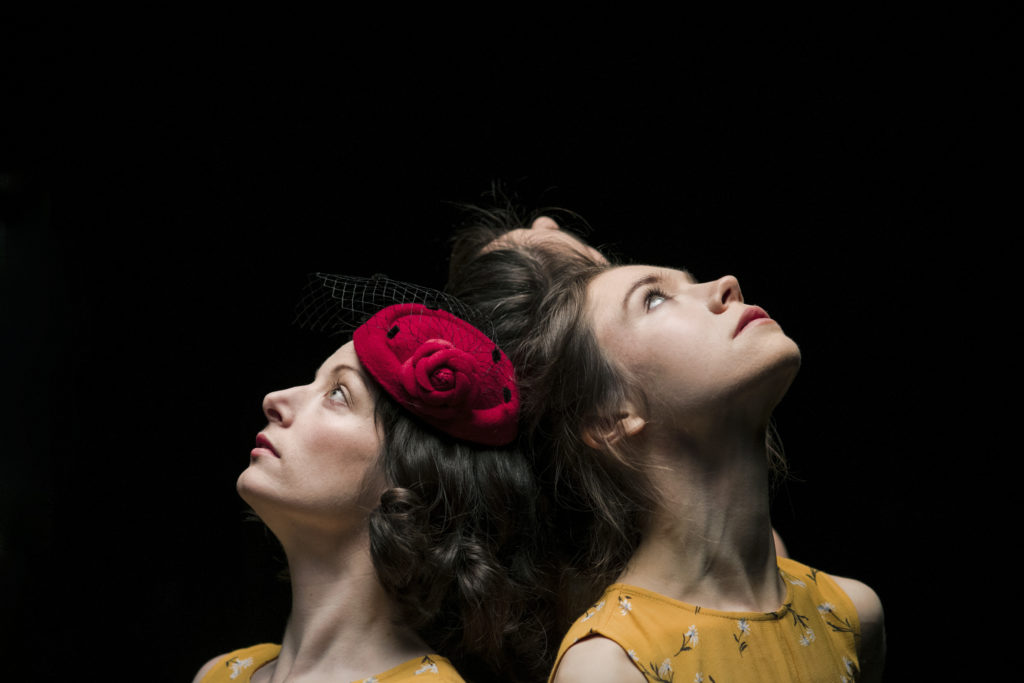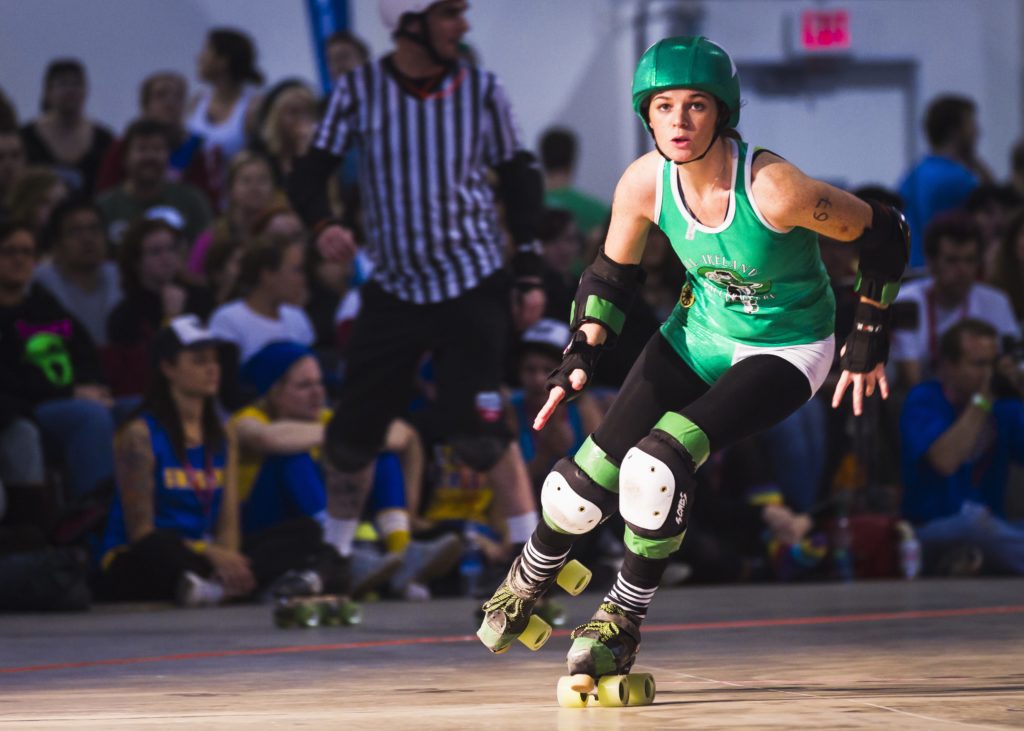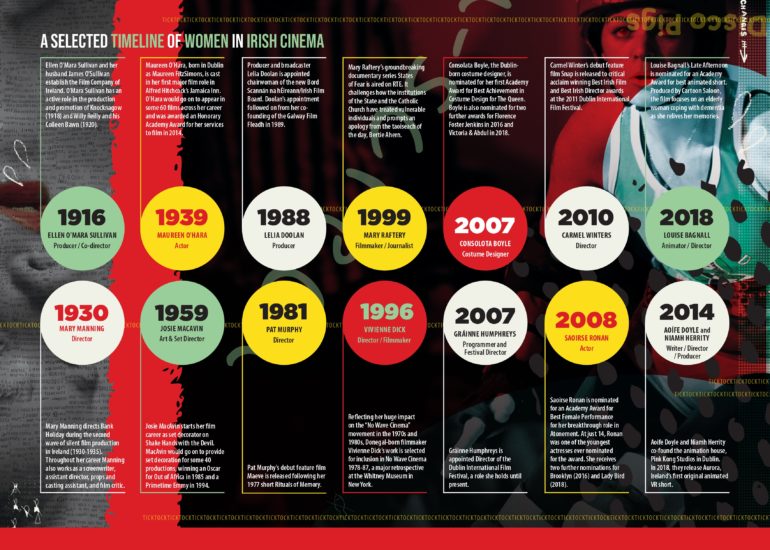This summer’s Dublin Feminist Film Festival shows at Dublin’s Light House Cinema from Thursday, 22 to Saturday 24 August and takes a look through the lens at work by some of Ireland’s best female talent including Kirsten Sheridan, Aoife McArdle, Oonagh Kearney, Louise Bagnall and Claire Dix.
Now six years in the running, the Festival has established firm roots in Dublin’s cultural calendar, shining a spotlight on dynamic, fresh and exciting female directors who are trail blazing the way for women in film, both at home and abroad. The festival line-up includes films, documentaries, and animation shorts by Irish women who bring intelligent, witty and provocative themes for your viewing pleasure.
Despite a high-profile and highly active push to increase the number of films directed by women here, the number continues to hover around 20% in any given year. But even with growing vocal demands for inclusion and Screen Ireland’s important and admirable 2017 gender parity plan, 20% remains far too low a number.

So why is it important to support female directors in film – Is this simply about delivering gender quotas?
A film’s narrative starts with a script, a producers vision to create and tell a story, which the director then delivers on. Historically there has been an unconscious bias towards male directors in the film business. Female directors and also producers can contribute massively by using film as a means of sharing their stories. It’s about creating a culture where a female vision and talent can impact artistically to produce meaningful, engaging and diverse movies.
Aoife O’Toole – Dublin Feminist Film Festival
I think these days female directors tend to get more opportunity on the TV side of things rather than film. In terms of film, there needs to be a conscious effort to evolve the male bias. Women as directors tend to be very collaborative, open to ideas and oddly that can be seen as a weakness, while male directors are sometimes seen as more tunnel-visioned.
Phoebe Waller-Bridge’s Fleabag is a prime example of amazing writing which depicts raw vulnerability in a woman’s life that could only have been written by a woman. It’s a complete evolution or move away from the typical prescriptive genres of past years, allowing us into a complex emotive world of the human brain’s thought process. Along with Sharon Horgan’s Catastrophe, this type of genre is so current and extremely popular
Kirsten Sheridan, Director – Disco Pigs
This year the festival highlights the incredible work across different genres and filmmaking formats. The programme includes:
Thursday 22nd August
6pm – Eamon Director Margaret Corkery, 2009 (1h26m)
Written and directed by Cork native Margaret Corkery, her creative approach to the absurdity of family dynamics won international acclaim for the film upon its release. revisit Eamon on the 10th anniversary of its initial release.
7.45pm – Shorts Programme and Award Ceremony
9.15pm – Disco Pigs Director Kirsten Sheridan, 2001 (1hr34m)
Kirsten Sheridan’s debut feature, Disco Pigs was described by Screen Daily as marking “the emergence of a real film-maker of both passion and skill.” Pig (Cillian Murphy) and Runt (Elaine Cassidy) want to live in an insular world where they make their own rules and have their own language.

Friday 23rd August
6pm – Dance Double Bill followed by Filmmakers Panel Discussion:
Five Letters To The Stranger Who Will Dissect My Brain Writer and Director Oonagh Kearney, 2018 (25m)
We Are Moving: Memories of Miss Moriarty Director Claire Dix, 2016 (65m)
Memories of Miss Moriarty is an intimate portrait of Joan Denise Moriarty. From the 1940s until her death in 1992, Moriarty fought to bring ballet to all corners of Ireland and initiated generations of Irish women and men into the world of ballet.
Followed by a panel discussion with filmmakers Oonagh Kearney, Claire Dix, Cara Holmes and Roisín Geraghty, chaired by Vanessa Gildea (Women in Film and Television Ireland).
10.45pm – Kissing Candice Director Aoife McArdle, 2017 (1hr48m)
Blending surreal ambiguity with biting social realism, Kissing Candice follows its titular protagonist, an epileptic teen who struggles with feelings of loneliness and isolation. When a handsome stranger aids her during one of her seizures, Candice’s world becomes an intriguing but sometimes unsettling blend of fantasy and escapism – often in ways that challenge viewers.

Saturday 24th August
2pm – Animation Shorts Programme
The Bird and the Whale (dir. Carol Newman, 2016), An Cailleach Bhéara (dir. Naomi Wilson, 2007), From Darkness (dir. Nora Twomey, 2002), Departure (dir. Aoífe Doyle, 2018), and Late Afternoon (dir. Louise Bagnall, 2017).
Followed by a panel discussion with the directors, chaired by Dr. Ciara Barrett.
4pm – Revolutions
Director Laura McGann, 2017 (87m)
Energising, unflinching and poignant, Revolutions is Laura McGann’s trenchant portrait of Ireland’s efforts to enter the first ever Roller Derby World Cup and the ensuing personal fallout.
For more information visit www.dublinfeministfilmfestival.com, or use the hashtags #DFFF2019 #WomenInIrishFilm on social media.
Bookings: www.lighthousecinema.ie

